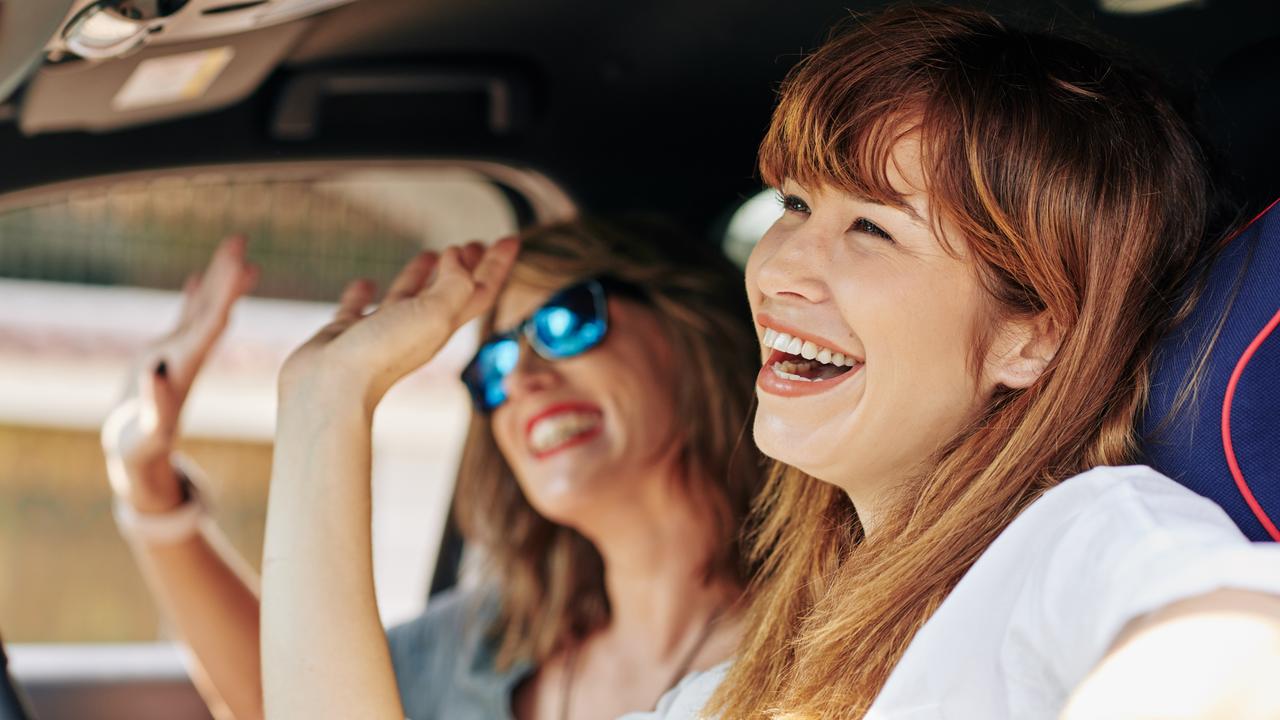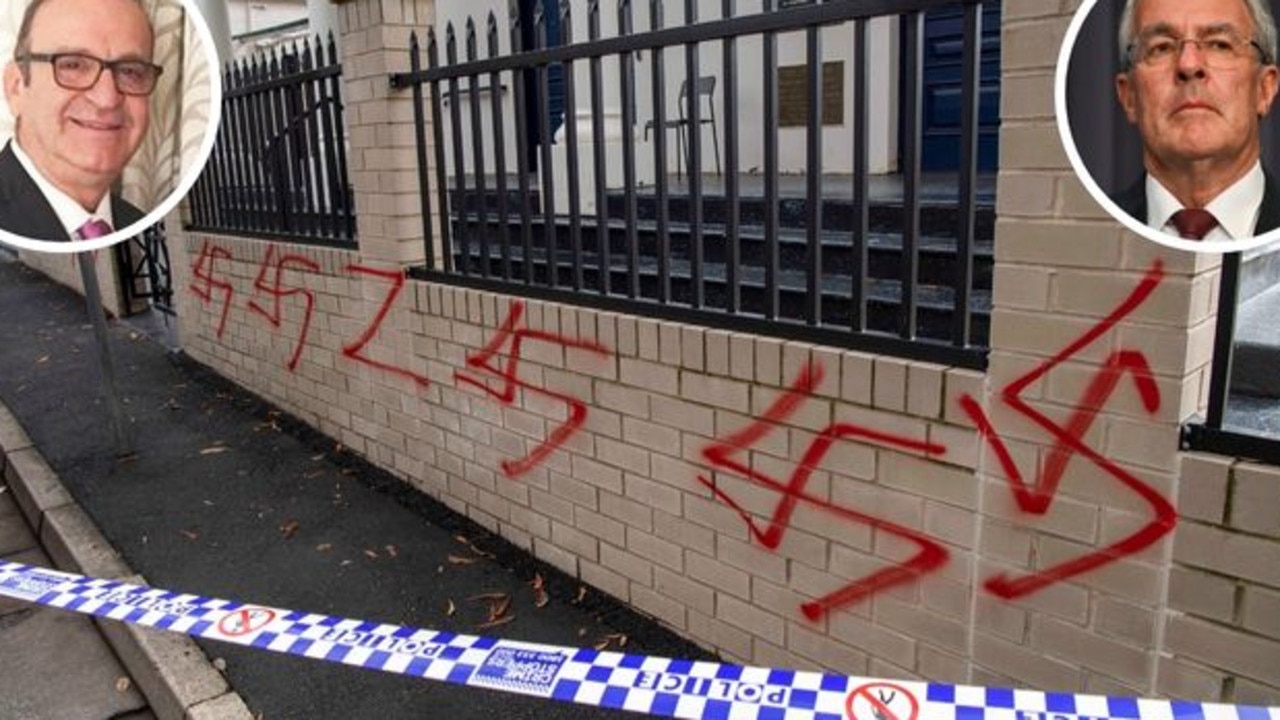Piers Akerman: Voice to Parliament will divide us and leave Indigenous Australians behind
The only effect an Indigenous Voice to Parliament will have is to divide Australia even further on race while leaving our First Nations people behind, writes Piers Akerman.
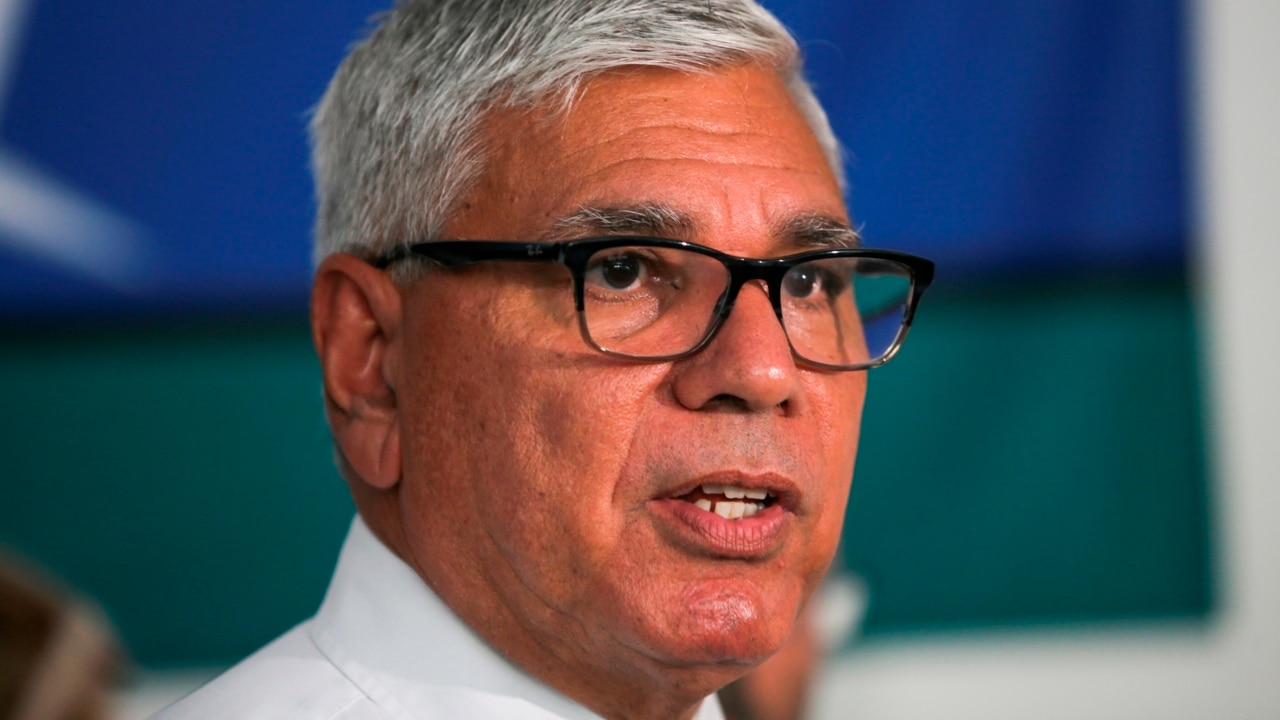
Opinion
Don't miss out on the headlines from Opinion. Followed categories will be added to My News.
Victoria has moved to divide its residents by installing a race-based “First Nations” Voice to advise state parliament with a legally enshrined right to meet state cabinet twice a year.
Prime Minister Anthony Albanese wants a similarly race-based body locked-in via a referendum to be held between next July and mid-2024.
It is 28 years since apartheid ended in South Africa, a year after a new constitution enfranchising non-whites (who were divided into four categories each with different rights) was adopted following Nelson Mandela’s release from prison.
Australia is plunging backwards into a dark age directly in conflict with the dreams and hopes of that great campaigner for equality, the assassinated American civil rights leader, Dr Martin Luther King Jr.
King famously said: “I look to a day when people will not be judged by the colour of their skin, but by the content of their character.”
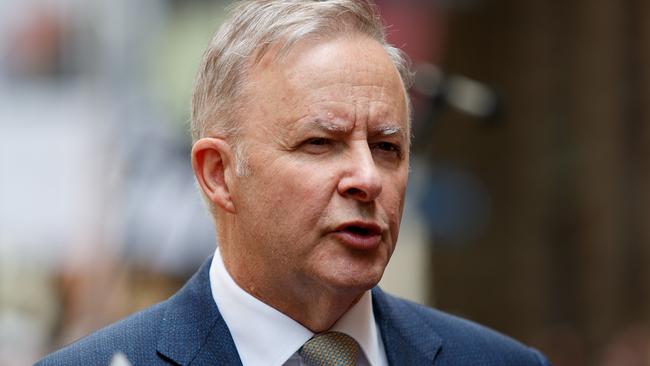
Anecdotally, Indigenous Australians across the north of our country are bewildered by the prospect of the national Voice but urban Indigenous Australians living in Sydney – which has the largest population of people identifying as Indigenous of all the state and territory capitals – are in favour.
Those urban-dwellers have the option of owning their own properties and businesses.
Those in remote communities and outstations do not have that option because of the Marxist philosophy underlying the Whitlam government’s policies on Indigenous Australians as espoused by the left-wing guru H.C. “Nugget” Coombs.
Sensing, perhaps, that Australians would not vote to accept a Voice enshrined in the Australian Constitution, several of those who prepared the sentimental Uluru Statement from the Heart last week urged that the referendum be held soon before the momentum garnered from the ABC and the Nine Entertainment group’s constant propaganda is lost.
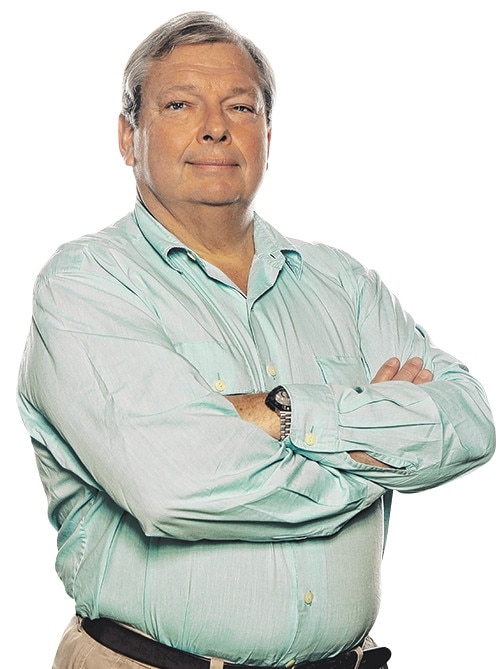
The taxpayer-funded ABC, along with that other taxpayer-funded broadcaster, SBS, have not given equal time to any opposing points of view.
Among those who are not aboard this bandwagon are Indigenous leader Nyunggai Warren Mundine and academic Anthony Dillon.
Both men are in favour Indigenous Australians having all the same rights as every Australian and, as Mundine told me Friday, “being treated like everyone else and not under some bureaucratic body”.
Dillon told me that he supported special services for Indigenous Australians when needed, such as clinics to treat chronic diabetes, but said they should be open to all Australians who needed treatment.
The Australian Institute of Teaching and School Leadership apparently feels that Indigenous Australians are so different from other Australians that it assumes Indigenous students could not learn like other children, according to a submission in a report it issued in June.
Maybe the institute should look at the life of David Ngunaitponi, better known as David Unaipon, the bloke who features on our $50 bills.
He was an author, inventor (his design for mechanical clippers revolutionised sheep shearing), organist, preacher and a public critic of the Australian Aboriginal League which held a Day of Mourning on the 150th anniversary of the arrival of the First Fleet.
He argued that the league’s protest would harm Australia’s international reputation and cement a negative opinion of Indigenous Australians.
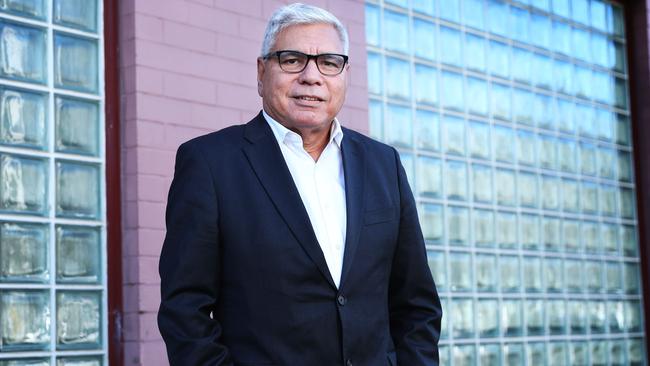
The Indigenous industry is not looking for positives that don’t fit its poor-fella-me narrative though.
It wants to entrench victimhood for those who identify as Indigenous so a case for compensation and reparations can be made in future years.
Those Indigenous Australians opposed to the Voice put practical solutions before emotional argument.
Currently, an Indigenous male baby born today has a life expectancy of 71.6 years, whereas a non-Indigenous female baby born today is expected to live for 85.3 years.
The latest report from the NSW Bureau of Crime Statistics highlights the over-representation of Indigenous Australians in custody. In NSW, the Indigenous imprisonment rate in NSW is nearly 10 times the non-Indigenous imprisonment rate.
There are a number of factors for this, including a steady increase in the number of people charged and reforms to the Bail Act in 2015, which reduced the likelihood of bail being granted.
Not to mention the increase in the number of people claiming to be Indigenous in last year’s census – up 16 per cent from 702,039 in 2016 to 812,710 in 2021.
Be that as it may, Indigenous adults in prison in NSW currently make up 29 per cent of the adult prison population and the number of both Indigenous men and women in custody is increasing.
Young Indigenous Australians in detention represent 51.5 per cent of the juvenile detention population.
Violence toward women is endemic within Indigenous communities and 31 per cent of the crimes committed involved acts intended to cause injury. More than three-quarters of the offenders were male.
Those calling for the Voice should be thinking about real issues – health, education and safety – not introducing separatism and adding another layer of costly and ineffectual bureaucracy to an already choked system.




